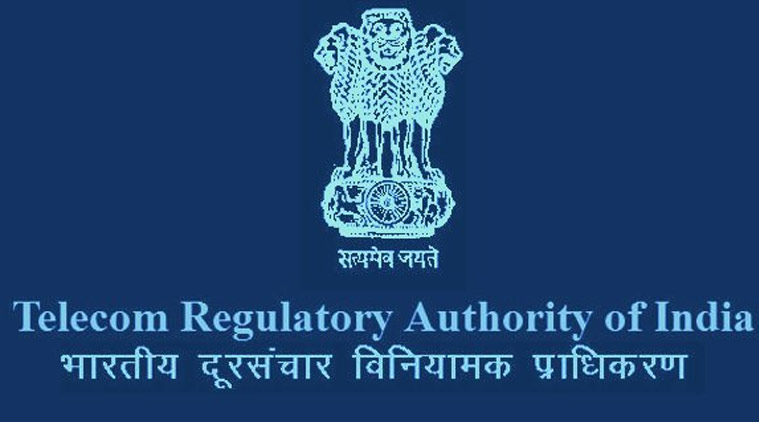TRAI Releases Interconnectivity Norms, Fixes Time Limit For Entering Agreements
The service providers are now mandated by TRAI, the telecom supervisory body, to get into the interconnection contract “on a non-discriminatory basis” in 30 Days of delivery of network connectivity application from another operator. As prescribed by TRAI (Telecom Regulatory Authority of India), an everyday fine will be applicable up to Rs 1 Lakh for each service zone for operators defying the new standards.
The TRAI released the “Telecom Interconnection Regulations 2018” that consist of the guidelines for making the network connectivity contracts, catering of such connectivity among the operators at primary phases, an extension of Points of Interconnect, disconnection of ports, applicable charges or rates, and financial encumbrance on interconnection issues.
The new norms will be enforced from February 1, 2018. The rules will be applicable to each and every service provider providing telecom services in the country, as said by TRAI in a statement. TRAI added, “Through these norms, the supervisory body has commanded that all service providers shall, in 30 Days of receiving an application from a service provider, get into interconnection contract on the non-discriminatory basis.”
Also, it has charted an outline for augmenting and provisioning of interconnectivity ports, putting forward a step-by-step method for catering of such ports. The norms released pursue a comprehensive consultation method by the regulator that began in October 2016 and consisted of open house negotiations and written remarks by the stakeholders.
The most recent regulation take on importance as interconnectivity was the turning point between Reliance Jio and reigning telecom operators such as Vodafone, Idea Cellular, and Bharti Airtel, at the moment when the newcomer rolled out its services in 2016.
The newcomer had blamed the huge established operators of not giving it adequate Points of Interconnect resulting in the enormous call fiascos on its network, whereas the incumbents accused free calls provided by Jio for “tsunami” of the network traffic.
